Creatine is undergoing a major perception shift. It is no longer reserved just for professional athletes or heavy lifters, but is increasingly recognised for its wide-ranging health benefits. Recent groundbreaking research is focusing specifically on female physiology, confirming creatine’s immense potential for women’s health, cognitive function, and vitality across every stage of life.
At LØUCO, we believe in supporting women through every hormonal change – from managing monthly cycles to navigating motherhood and menopause. The latest science highlights creatine as a powerful, preventative strategy for enhancing health throughout the lifespan.
Here is why updated May 2025 research shows creatine deserves a permanent spot in your daily wellness routine as a woman.
1. Distinct Needs: Why Women Start with Less
The reason creatine research is so important for women is rooted in biology. Women have distinct physiological differences from men, primarily influenced by cyclical fluctuations in hormones like estrogen and progesterone.
These differences mean:
- Lower Production: Women may have up to 20% lower rates of natural creatine synthesis in the body compared to men.
- Lower Intake: On average, women typically consume 30–40% less dietary creatine than men.
- Lower Creatine Stored: Women generally have between 70%–80% less creatine stored than men.
Because women generally start with lower creatine stores, supplementing may be key to optimising physical and cognitive health throughout all life stages.
2. Creatine Across the Female Lifespan: New Research Highlights
Creatine’s benefits extend far beyond exercise, offering targeted support during key hormonal milestones:
During Your Reproductive Years (Pre-Menopause)
Creatine is well-known for boosting high-intensity exercise, helping you delay fatigue and enhance strength (an "ergogenic aid"). Women experience these performance benefits similarly to men. However, newer studies are accounting for the impact of the menstrual cycle:
- Managing Fluid Balance (Especially Bloating): Creatine’s unique molecular structure allows it to bind water and shuttle it from the fluid outside the cell (extracellular space) into the fluid inside the cell (intracellular space). Since the second half of the cycle (the luteal phase, or LP) often involves fluid retention outside the cells, a recent randomised controlled trial reported that creatine loading was beneficial in promoting cellular hydration in the LP, regardless of hormonal contraceptive use, and without changing body weight.
- Supporting Cellular Health: Creatine supplementation has shown a positive effect on cellular integrity, indicated by a significantly greater Phase Angle (PhA) – a measure of cellular health and hydration – during both the follicular phase and the luteal phase. This is potentially helpful during menstruation (due to blood and iron loss) and by improving fluid balance in the LP.
A Spotlight on Pregnancy and Maternal Health
Emerging evidence suggests creatine may be an essential dietary metabolite of pregnancy. Research is demonstrating that creatine homeostasis is altered throughout pregnancy.
- Addressing Potential Malnutrition: Sub-population analyses show that a significant portion of pregnant women in the U.S. (approximately 6 out of 10, or 57.2%) consume creatine below the amounts recommended for an adult female.
- Lower Risk of Obstetric Issues: Women who consumed adequate creatine (≥13 mg/kg body mass daily) were found to be at a lower risk of obstetric conditions.
- Fetal and Newborn Support: The human placenta and uterus can synthesize creatine to help contribute to the developing fetus. Furthermore, creatine concentrations are highest in colostrum immediately after birth, indicating a critical demand for exogenous intake after delivery to support the newborn.
- Neuroprotection (Animal Studies): Initial research using animal models suggests that maternal dietary creatine supplementation may help act as a prophylactic to minimise perinatal injury (like injury from acute oxygen deprivation during birth). This area requires ongoing human clinical data to confirm safety and dosing.
Bridging the Gap: Perimenopause and Post-Menopause
The transition through perimenopause is associated with negative symptoms like declines in mental health, adverse changes in body composition, and metabolic shifts. While direct research on creatine supplementation in perimenopausal women is still lacking and is a key priority for future study, existing data from older, post-menopausal women strongly supports its application during this stage.
|
Area of Opportunity |
Key Benefit of Creatine (Often combined with Resistance Training) |
Supporting Research Status |
|
Fighting Muscle Loss |
Helps mitigate the loss of muscle mass and promotes strength, which accelerates as levels of estrogen, progesterone, and testosterone decline. |
Foundational studies in post-menopausal women consistently show positive effects when combined with resistance training. |
|
Stronger Bones |
Creatine supports bone health by enhancing muscle strength and improving balance, which reduces the risk of falls. It positively influences bone mineral density when paired with resistance exercise in older post-menopausal women. |
A recent 2-year study demonstrated that creatine improved bone geometry in post-menopausal women. |
|
Energy and Mood Boost |
Can help reduce common fatigue by increasing cellular energy availability. It may also decrease feelings of depression and anxiety. |
Opportunity in Perimenopause; confirmed benefits in clinical depression and older adults . |
|
Combating Brain Fog |
Creatine’s role in energy production benefits brain function. It can improve memory and help alleviate the "brain fog" often associated with the menopause transition by improving brain creatine stores and mitochondrial function. |
Systematic reviews suggest memory benefits in older adults . |
3. Beyond the Muscle: Better Sleep and Mental Resilience
Creatine’s application to brain health is particularly important for women, who often face challenges with mental health and sleep linked to hormonal fluctuations. Creatine may offer favorable effects on indices of brain health and function.
- Improved Sleep Duration: Resistance training is known to positively influence sleep quality. One recent study found that naturally menstruating females consuming creatine reported increased total sleep duration following resistance training days.
- Mental Resilience: By potentially supporting cognitive processes related to sleep deprivation and promoting longer sleep cycles through enhanced brain energy metabolism, creatine may improve mental health outcomes, including emotional resilience and mood stability.
4. Dosing Strategy: How to Use Creatine Effectively
For optimal results, consistency is key to ensuring that muscle and brain creatine stores are elevated.
- Loading Phase (The Fast Track): The most efficient way to quickly increase muscle creatine stores is a loading phase of 20 grams per day (typically split into 4 doses of 5 grams) for 5 to 7 days. This helps saturate tissues rapidly.
- Maintenance Phase (Consistency is Key): To maintain these stores after loading, follow up with a consistent daily dose of 3 to 5 grams per day.
- For Brain Health: If your primary focus is on cognitive or brain health benefits, slightly higher dosing may be more effective. A maintenance dose of 5–10 grams per day is considered optimal for increasing brain creatine concentrations, following an initial loading phase (15–20 grams per day for 5–7 days).
LØUCO’s Conclusion
Creatine supplementation is a promising strategy for improving muscle strength, exercise performance, body composition, cognitive function, and mood in women across their lifespan.
As research continues to expand – especially in the critical, yet understudied, phases of pregnancy and perimenopause – the evidence strongly supports incorporating creatine into a proactive, long-term health plan for vitality, strength, and resilience.
Start enhancing your strength, resilience, and overall well-being today with a science-backed approach. LØUCO’s Perform contains 3g of creatine in line with the latest guidelines to support health, so we have you covered!

Written by: Rachel Prince | Co-Founder & Women's Fitness and Pelvic Health Coach




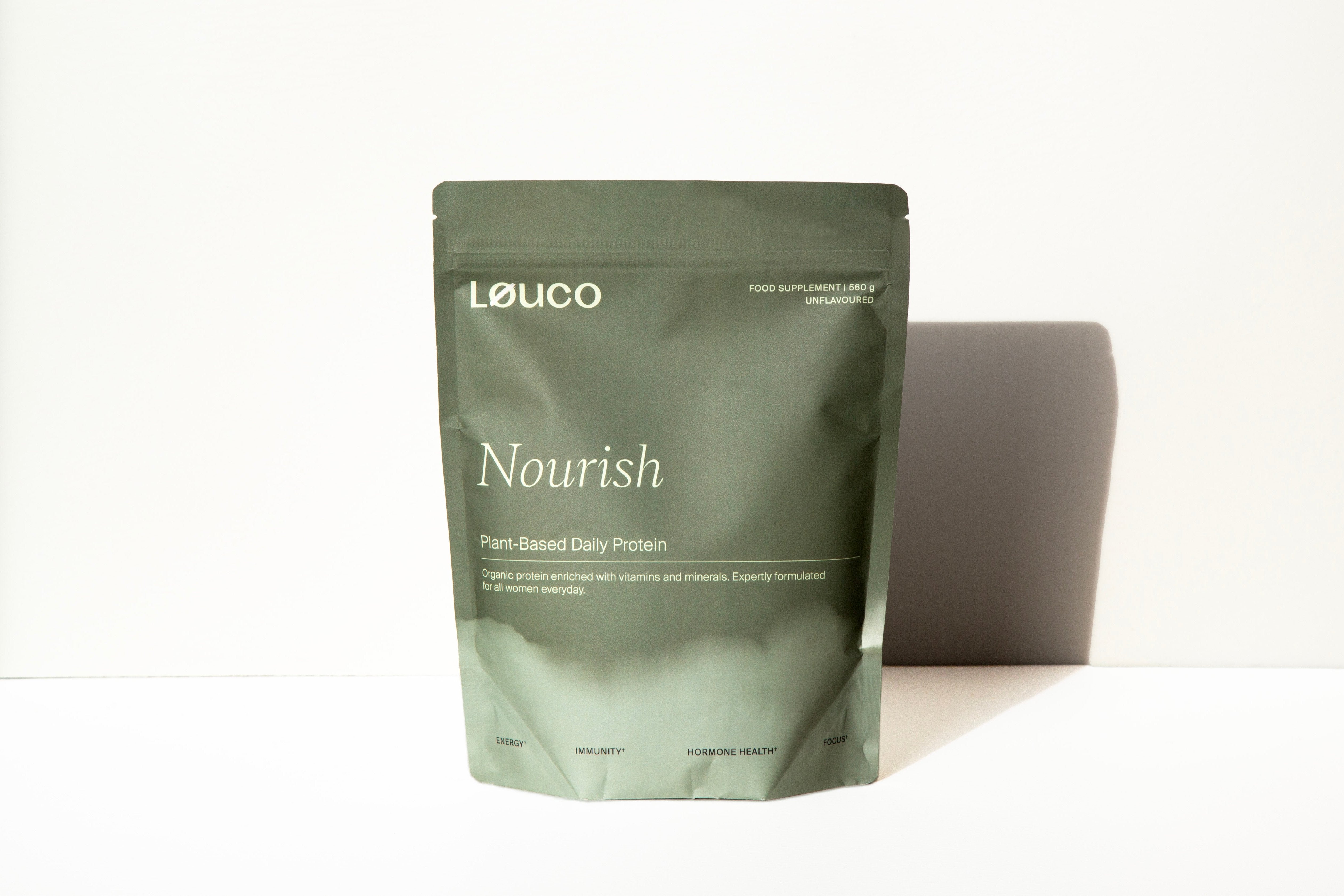
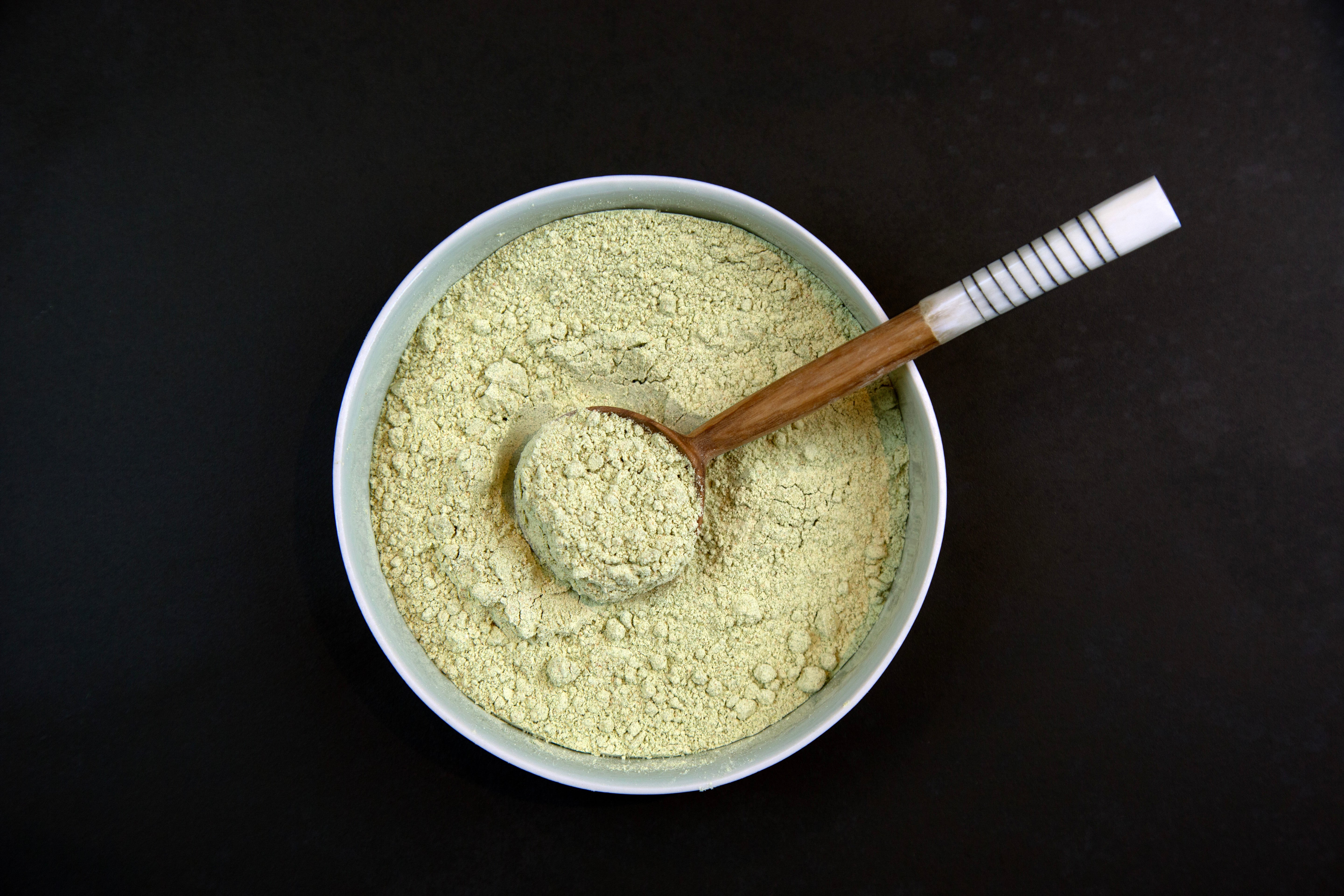
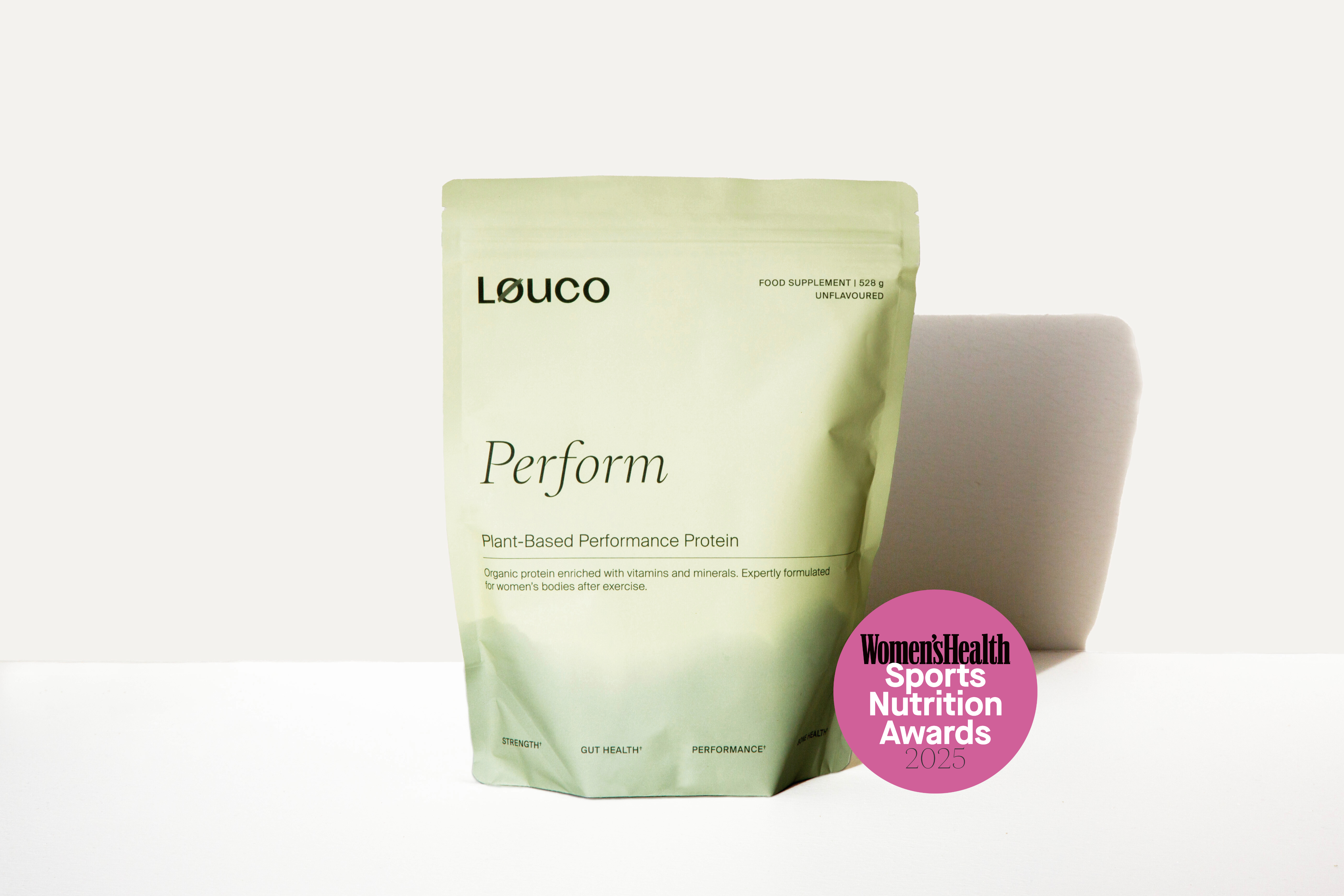
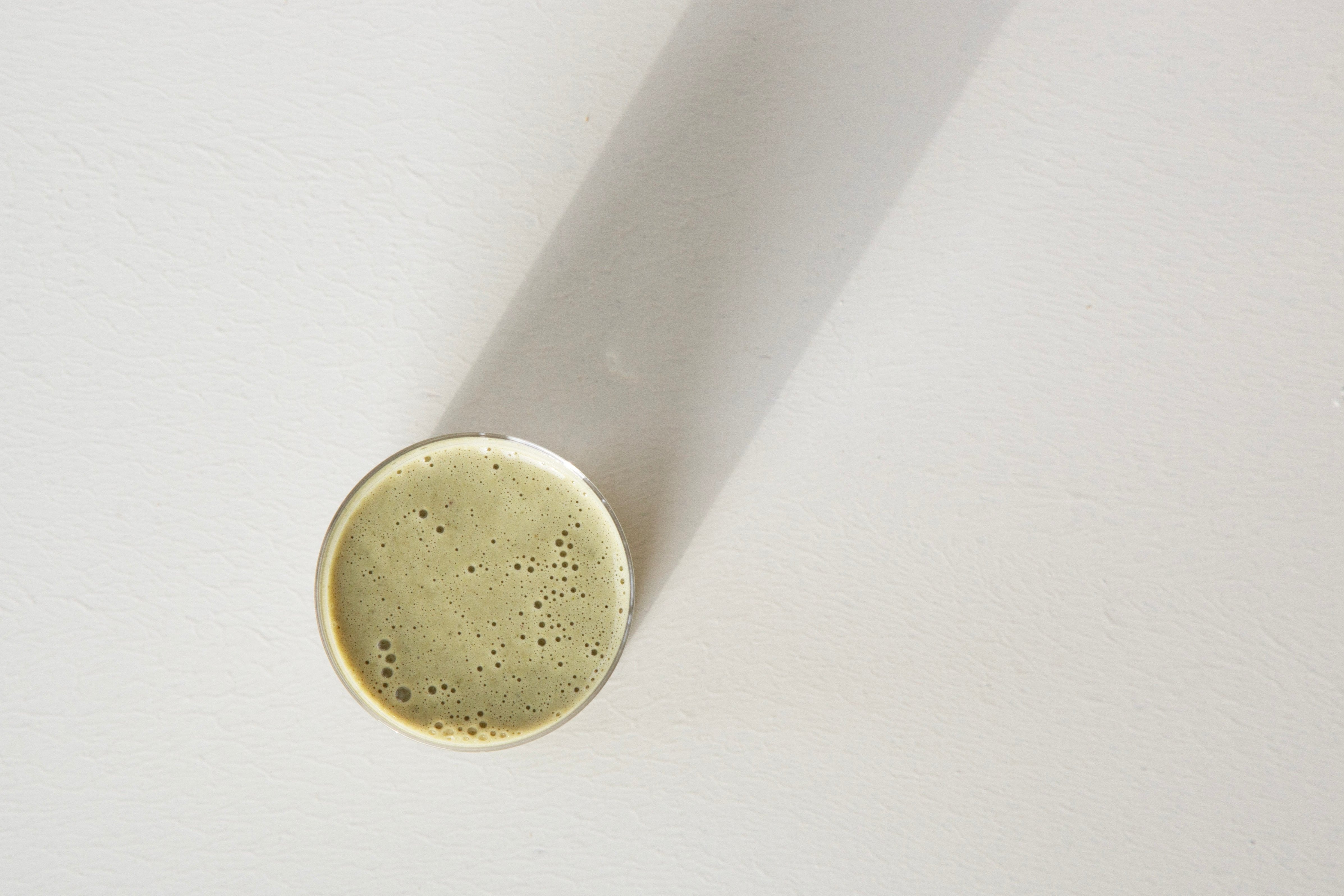
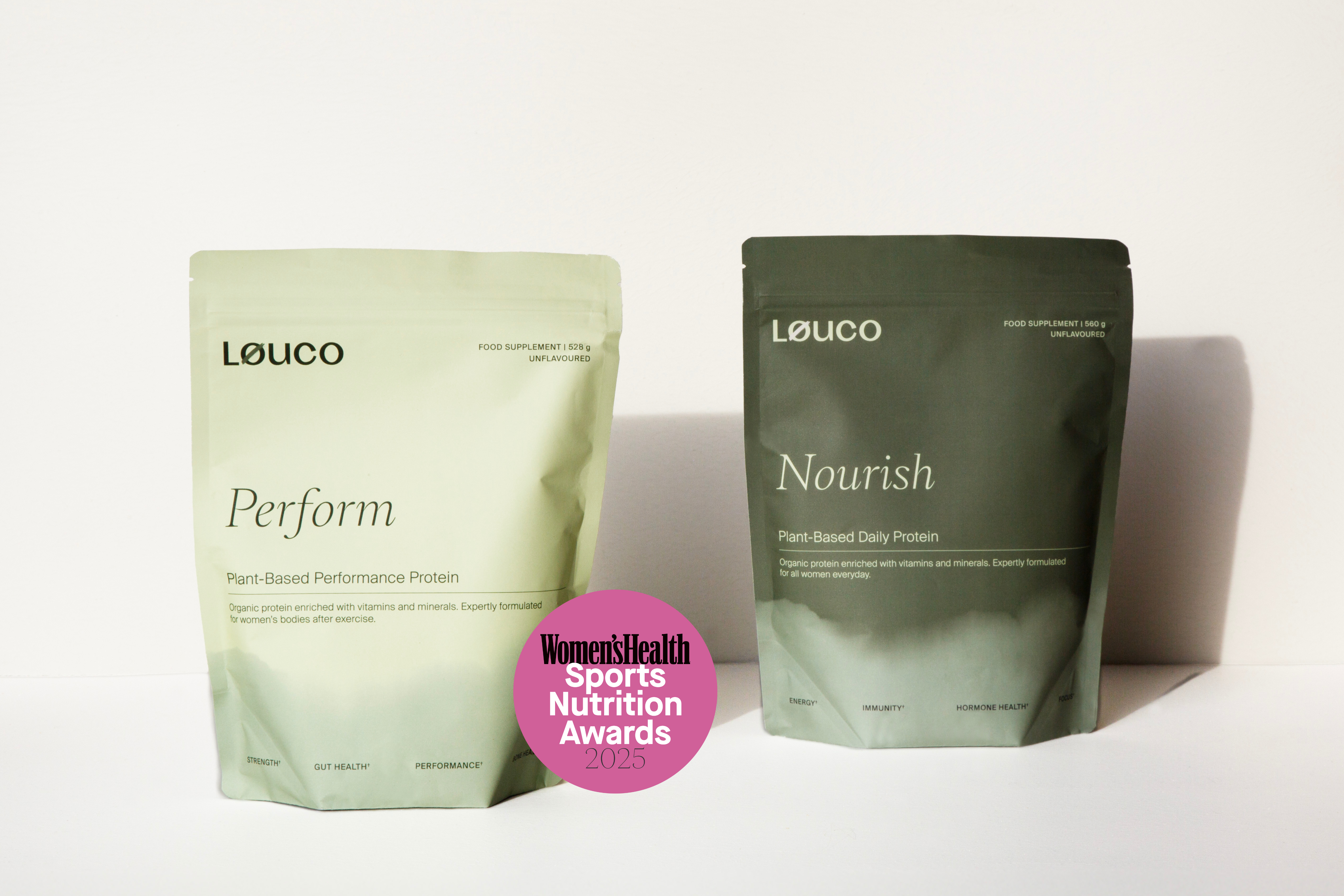
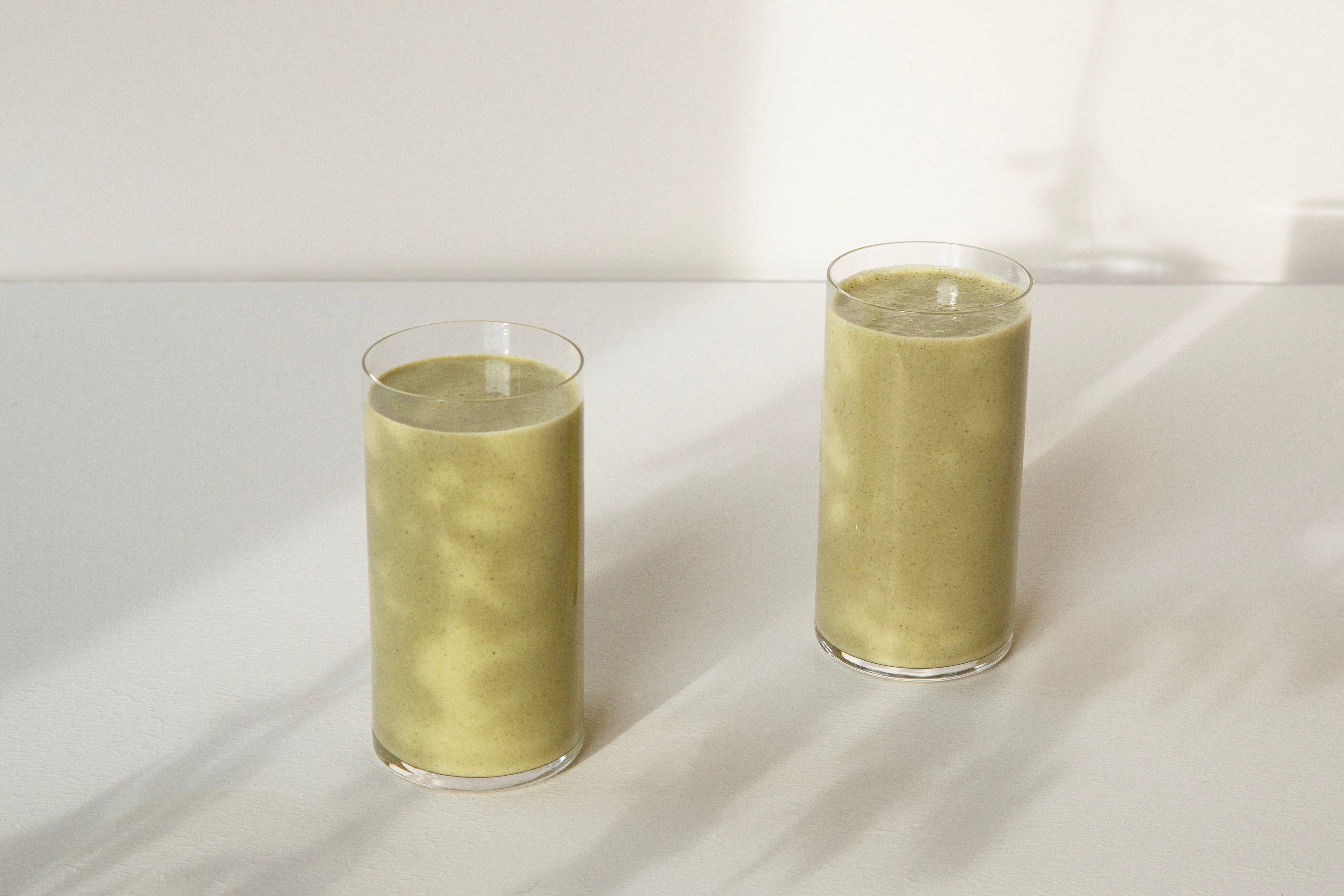

Leave a comment